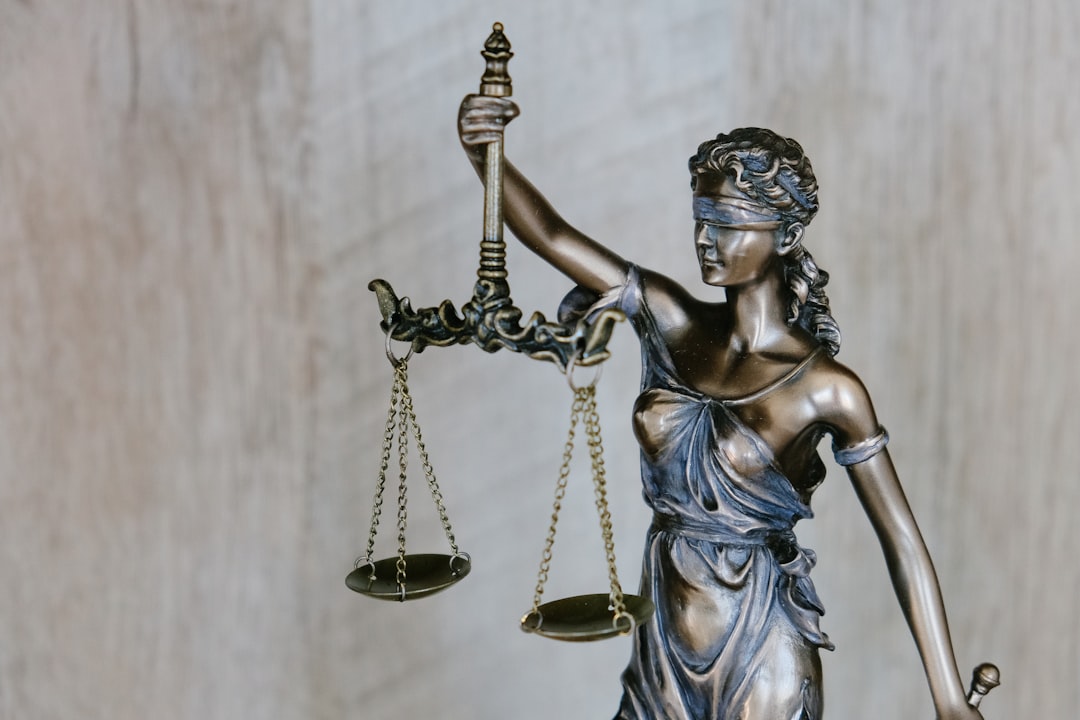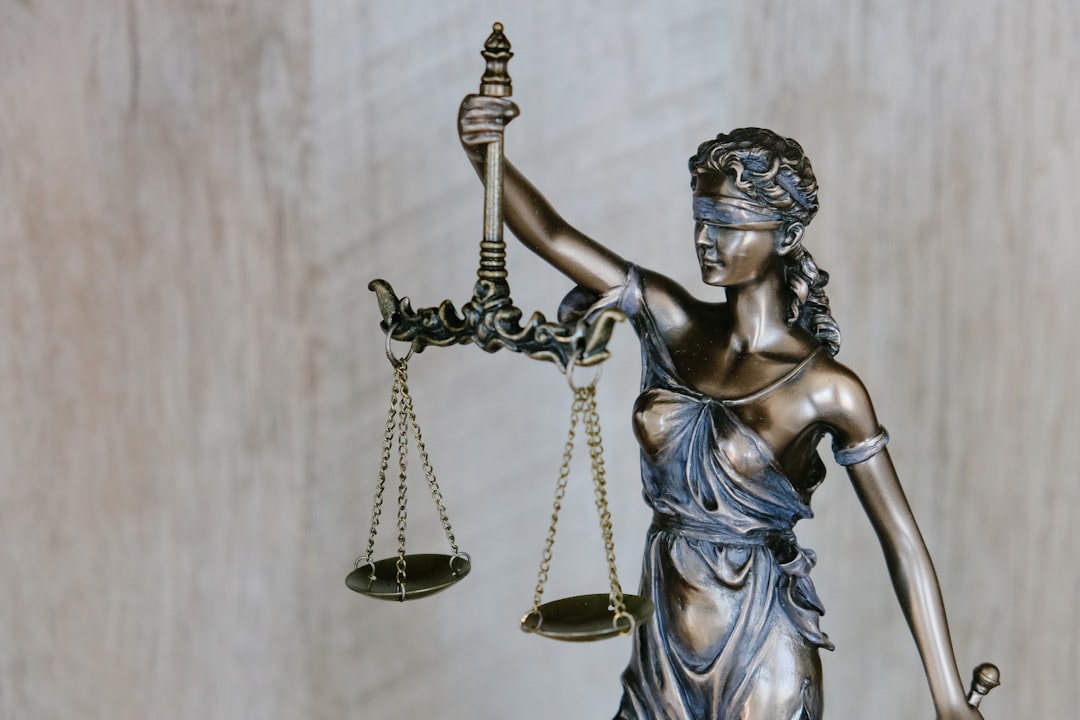In Spartanburg, South Carolina, Sexual Assault Forensic Exams (SAFE) are key resources for sexual violence survivors, providing medical evidence and care in a non-judgmental setting. Rape attorneys rely on these exams to build strong cases, advocating for victims' rights and achieving justice. SAFE facilities, combined with dedicated rape attorneys, offer support, educate survivors, and combat myths, fostering a culture of healing and accountability.
In Spartanburg, South Carolina, Sexual Assault Forensic Exams (SAFE) play a pivotal role in supporting survivors and ensuring justice. This comprehensive introduction explores the vital services provided by SAFE, highlighting their impact on victims’ lives. From understanding the exams to navigating legal processes with the help of a rape attorney, this article delves into the support systems available. It also addresses common myths, local initiatives, and resources, empowering survivors to take action and seek the justice they deserve in South Carolina.
Understanding Sexual Assault Forensic Exams: A Lifeline for Survivors in Spartanburg
In Spartanburg, South Carolina, Sexual Assault Forensic Exams (SAFE) serve as a lifeline for survivors of sexual violence. These comprehensive medical examinations are crucial in gathering physical evidence, documenting injuries, and providing essential information to law enforcement and legal professionals. A rape attorney in South Carolina often relies on these exams to build strong cases for their clients, ensuring justice and support for victims.
SAFE is not just about collecting evidence; it’s about offering care and validation to survivors. The process is conducted by trained medical professionals in a safe, non-judgmental environment. It equips survivors with the tools to navigate the legal system, providing them with clarity and peace of mind. This support network, including rape attorneys, works tirelessly to ensure that victims’ voices are heard and their rights protected.
The Role of a Rape Attorney: Navigating the Legal Process in South Carolina
In cases involving sexual assault, a rape attorney in South Carolina plays a pivotal role in guiding survivors through the complex legal process. These attorneys specialize in advocating for victims’ rights and ensuring they receive the justice they deserve. They navigate the intricate procedures surrounding SAFE exams, understanding the critical importance of timely and accurate collection of evidence. A skilled rape lawyer will educate their client on the legal implications, explaining options and strategies tailored to South Carolina’s laws.
Throughout the journey, they offer emotional support, helping clients cope with the trauma while ensuring their legal rights are protected. Their expertise involves interpreting medical reports, collaborating with forensic experts, and presenting a compelling case in court. By employing strategic tactics, rape attorneys strive to secure favorable outcomes, whether it’s through settlements or trials, ultimately aiming to hold perpetrators accountable and provide closure to survivors in Spartanburg, South Carolina.
Safe's Impact: Ensuring Justice and Support for Victims
In Spartanburg, South Carolina, Sexual Assault Forensic Exams (SAFE) play a pivotal role in ensuring justice and support for victims of sexual violence. These comprehensive exams, conducted by trained professionals, collect physical evidence that can be crucial in prosecuting perpetrators and providing closure to survivors. A rape attorney in South Carolina often relies on these exams to strengthen cases and secure fair outcomes for their clients.
By offering a safe and supportive environment, SAFE facilities empower victims to take control of their healing process. The careful documentation and preservation of evidence through these exams can lead to successful prosecutions, deterring future crimes. This, in turn, fosters a sense of safety and security within the community, knowing that perpetrators are held accountable for their actions.
Debunking Myths: Promoting Awareness and Education in Spartanburg Communities
In Spartanburg, South Carolina, promoting awareness about Sexual Assault Forensic Exams (SAFE) is crucial in debunking myths and reducing stigma surrounding victims. Many misconceptions exist about rape and sexual assault, often hindering survivors from seeking justice or necessary support. Educating the community about SAFE plays a significant role in challenging these myths. It clarifies that forensic exams are essential tools for collecting evidence, preserving integrity, and protecting rights—not as a form of punishment or harassment.
Rape attorneys in South Carolina emphasize that understanding SAFE procedures empowers survivors to make informed decisions. It helps them recognize the importance of prompt medical care and forensic documentation. By increasing knowledge about these exams, communities can foster a culture of support, ensuring survivors receive the best possible legal representation and access to resources tailored to their needs. This shift in perspective encourages victims to come forward, knowing they are believed and that justice is within reach.
Local Initiatives and Resources: Empowering Survivors to Take Action
In Spartanburg, South Carolina, local initiatives and resources play a pivotal role in empowering survivors of sexual assault to take action. Organizations like the Spartanburg County Sexual Assault Crisis Center provide comprehensive support services, including counseling, legal advocacy, and medical care, ensuring that victims feel heard and respected. These efforts are further strengthened by dedicated rape attorneys who offer expert legal representation, guiding survivors through complex legal processes while prioritizing their emotional well-being.
The availability of these resources fosters a culture where survivors can break free from the silence surrounding sexual assault. By offering safe spaces and knowledgeable professionals, Spartanburg’s community empowers individuals to come forward, seek justice, and heal. This collective effort not only ensures that perpetrators are held accountable but also provides crucial support for those who have experienced this trauma, ultimately contributing to a safer and more supportive environment for all residents.





